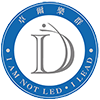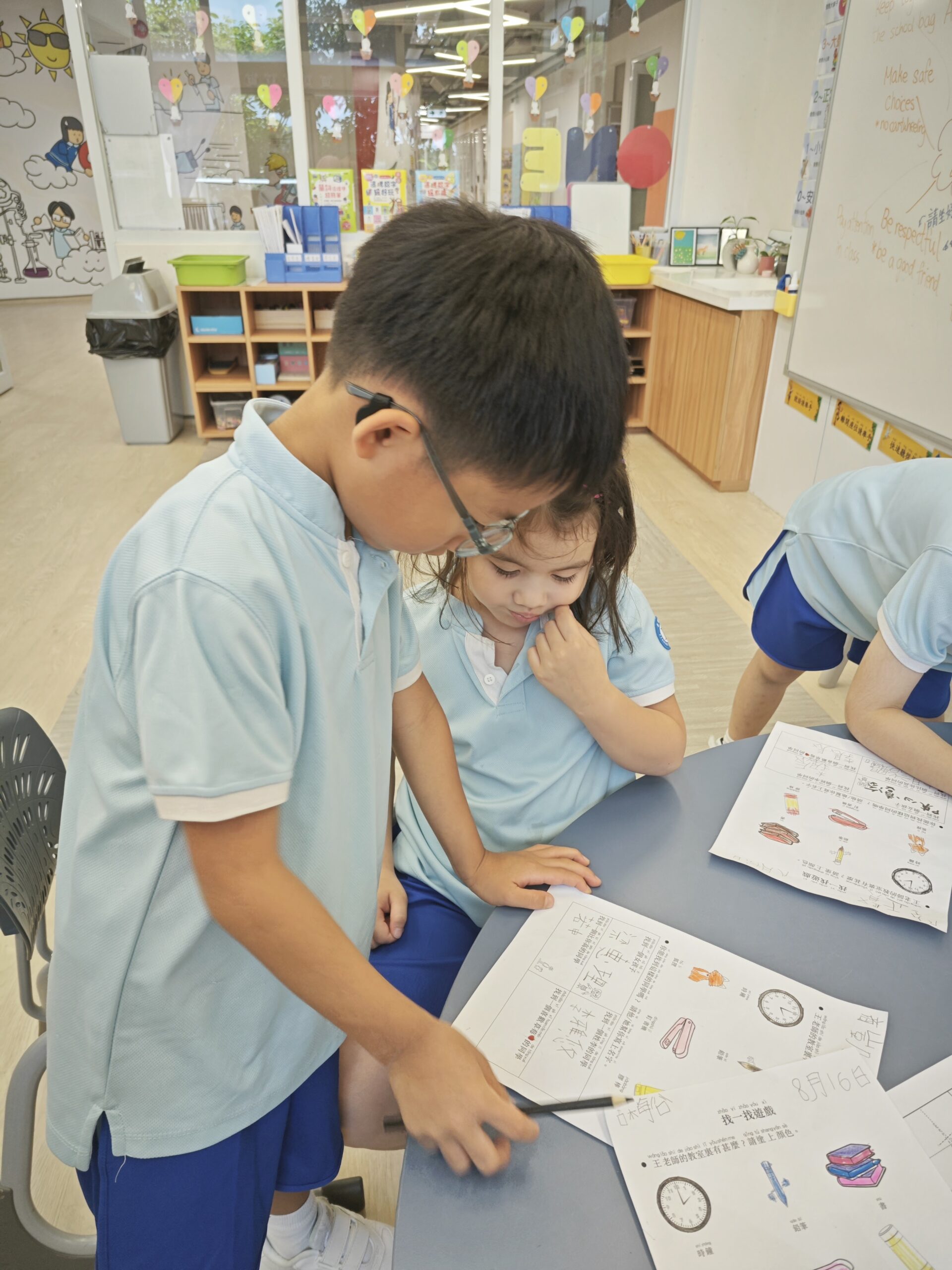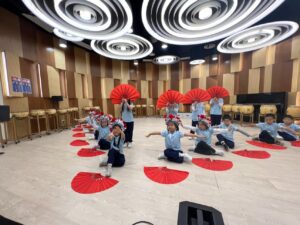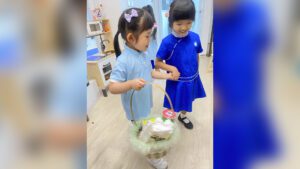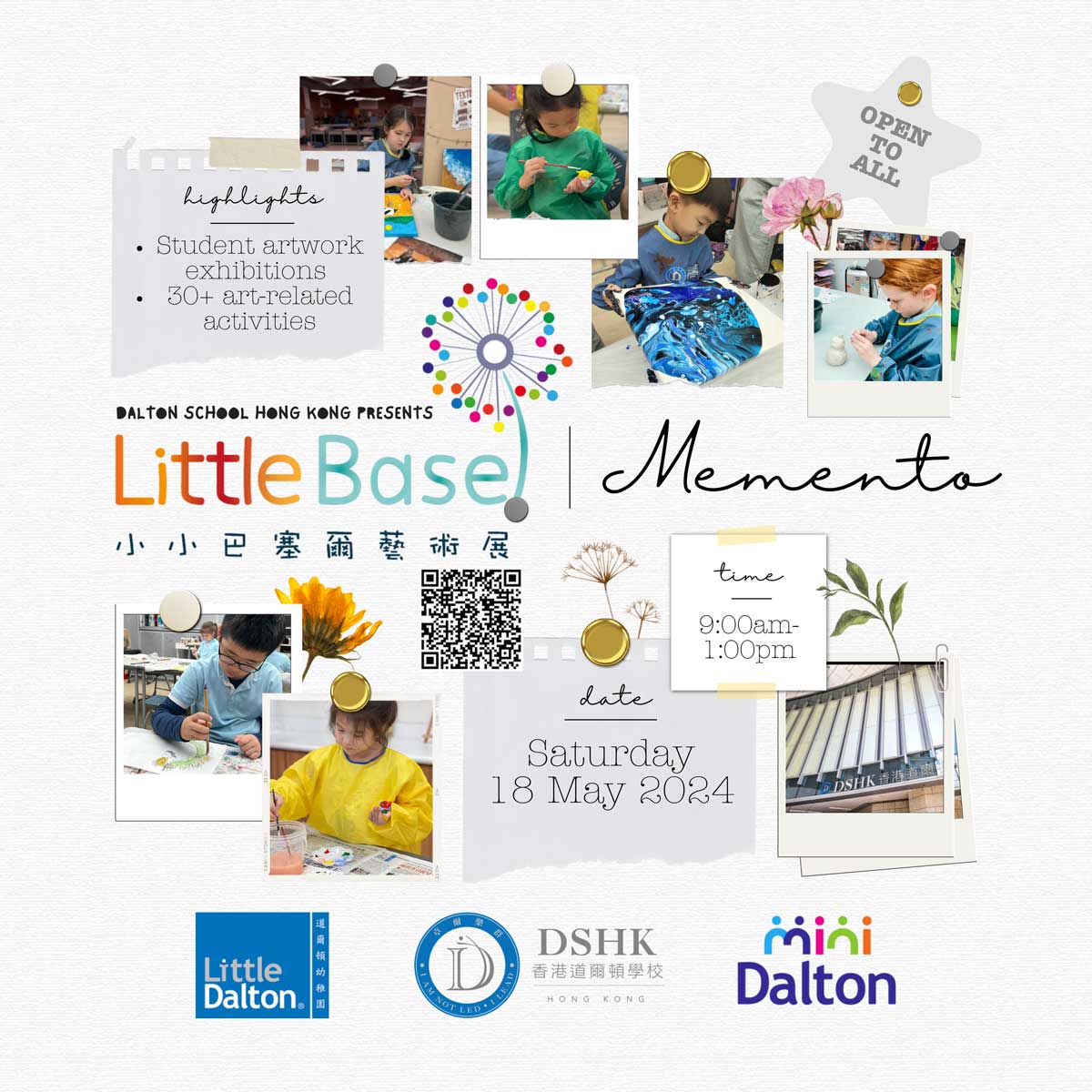Honestly, it’s not hard to find an international school in Hong Kong that offers a stellar academic education. The real challenge lies in discovering a school that resonates with your child’s needs – not just in acquiring knowledge but developing them into a well-rounded individual.
The environment in which a child learns, interacts, and grows significantly impacts not just their academic acumen but the core essence of who they become.
To aid in your quest for the best international school in Hong Kong, we’ve designed a reflective questionnaire, inspired by Dr Linda Darling-Hammond of the Learning Policy Institute, to serve as your compass. Give thought to the questions below to help align your child’s needs with a school that will nurture their growth.
1. How does the school prioritize relationships?
Look for schools that place a strong emphasis on relationships. Students learn best when they feel a sense of belonging and safety within the school. You can learn a great deal about the relationships established in a school by paying attention to the interactions between adults and students, as well as between students and their peers.
2. How does the curriculum promote 21st century skills?
Look for schools that offer a curriculum that promotes 21st century skills like creativity, critical thinking, communication, and collaboration. The curriculum should align with internationally recognized standards, such as the US Common Core or the International Baccalaureate (IB). The curriculum should avoid being too prescriptive and allow for student agency and choice.
Moreover, this being Hong Kong, it’s also important to consider schools that offer a dual language curriculum. Look for schools that teach in both English and Mandarin.
3. How is student work celebrated and displayed?
When you visit the campus, look at the student work displayed. Is the best effort of all students on display, or do you only see the “top performers?” The student work displayed and documented tells a powerful story about what the school values.
4. How does the school encourage students to learn from mistakes and become caring citizens?
The research is clear that a growth mindset has a long-term effect on lifelong learning. Therefore, look for a school that encourages students to view mistakes as learning opportunities. At the same time, seek out schools that explicitly and implicitly teach character skills and values, cultivating a sense of global citizenship.
5. What is the average class size?
Smaller class sizes often allow for more individualized attention and instruction. The student-to-teacher ratio can significantly impact the quality of education and the level of understanding and support your child receives.
6. What facilities and resources are available?
Modern, well-maintained facilities like libraries, sports complexes, and science labs can significantly enrich the educational experience. Schools with up-to-date technological resources can provide students with a competitive edge.
7. What extracurricular activities does the school offer?
The essence of a well-rounded education extends beyond the classroom into the realms of arts, sports, camps, and other extracurricular activities. Schools that offer a diverse range of extracurricular activities provide students with the opportunity to discover and hone their talents and interests.
8. What support services are available?
The availability of support services like counseling, learning support, and language support can be a significant determinant in choosing a school. Services make a huge difference for students with additional needs and greatly ease the transition for families new to the region.
9. What is the total cost of attendance?
International schools can be relatively expensive, so it’s important to consider the cost relative to the offerings and your budget. Remember to take into account additional expenses like uniforms, transportation, and field trips.
10. What is the school’s community culture like?
Look for schools with a welcoming, diverse, and inclusive community. The unique blend of cultures in Hong Kong makes it a fertile ground for cultivating a global perspective among students, but only if the school nurtures that.
11. What are the admissions requirements?
Admissions in prestigious international schools in Hong Kong can be highly competitive, with some schools having waitlists. Understanding the admissions requirements, timelines, and the level of competition can help in planning ahead and exploring alternative options if necessary.
12. Is there active Parent participation?
Active parent participation is indicative of a vibrant school community and open communication channels between the school and parents.
Engaging with parents with children already enrolled in the school before admission can provide insight into the school’s community and how you can get involved.
Looking for an international primary school? Discover the Dalton difference
Your quest for a primary education that promises a balanced, nurturing learning environment might just end at the welcoming gates of Dalton School Hong Kong.
From the curriculum, class size, to extracurricular activities and beyond, Dalton stands out among the rest and raises the bar with its unique embrace of the Dalton Plan.
Pioneered by Helen Parkhurst in the early 20th century, evolving out of the progressive education movement of the time, the Dalton Plan places the child at the center of the learning experience, advocating a tailored approach that resonates with each student’s unique capabilities, interests, and pace of learning.
Today, there are over 200 Dalton Plan schools throughout the world, including the Dalton School in New York, Ascham School in Sydney, and since 2017, Dalton School Hong Kong. Many other leading schools, including Tsinghua Primary School, adopt some components of the Dalton Plan while leading educators, such as the Association of Senior Professors of Peking University, are strong advocates of the Dalton Plan for education reform.
Schedule a school tour now.
